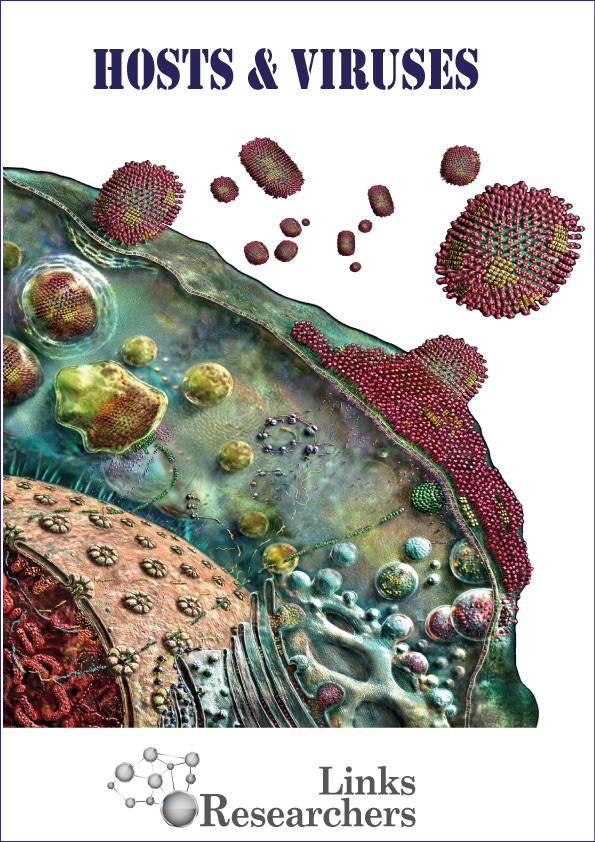Current Progress and Future Perspectives of Controlling Japanese Encephalitis Virus
Current Progress and Future Perspectives of Controlling Japanese Encephalitis Virus
Guoyi Li1, Haiyan Tong1, Jiansheng Chen2, Jinliang Wei2, Xiaoming Zhao2, Guoping Zhang2, Zixue Shi2*
E-mail | [email protected]
ABSTRACT
Japanese encephalitis (JE) is an arthropod-borne disease causing dreadful central nervous system signs and high mortality in adults and children. It is caused by the JE virus (JEV), which belongs to the family Flaviviridae. JEV is endemic to many parts of East Asia, Southeast Asia and Australia, where periodic outbreaks take thousands of lives. With rapid globalisation and climatic shift, JEV has started to emerge in previously unaffected areas. Scientific evidences show that JEV would remain a global pathogen and might cause worldwide pandemics. Currently, more research is required to be applied to JEV pathogenesis and antivirus therapy. This review aims to reveal the exigency of developing a worldwide effort to acknowledge the importance of performing an extensive study of this deadly disease.
To share on other social networks, click on any share button. What are these?





